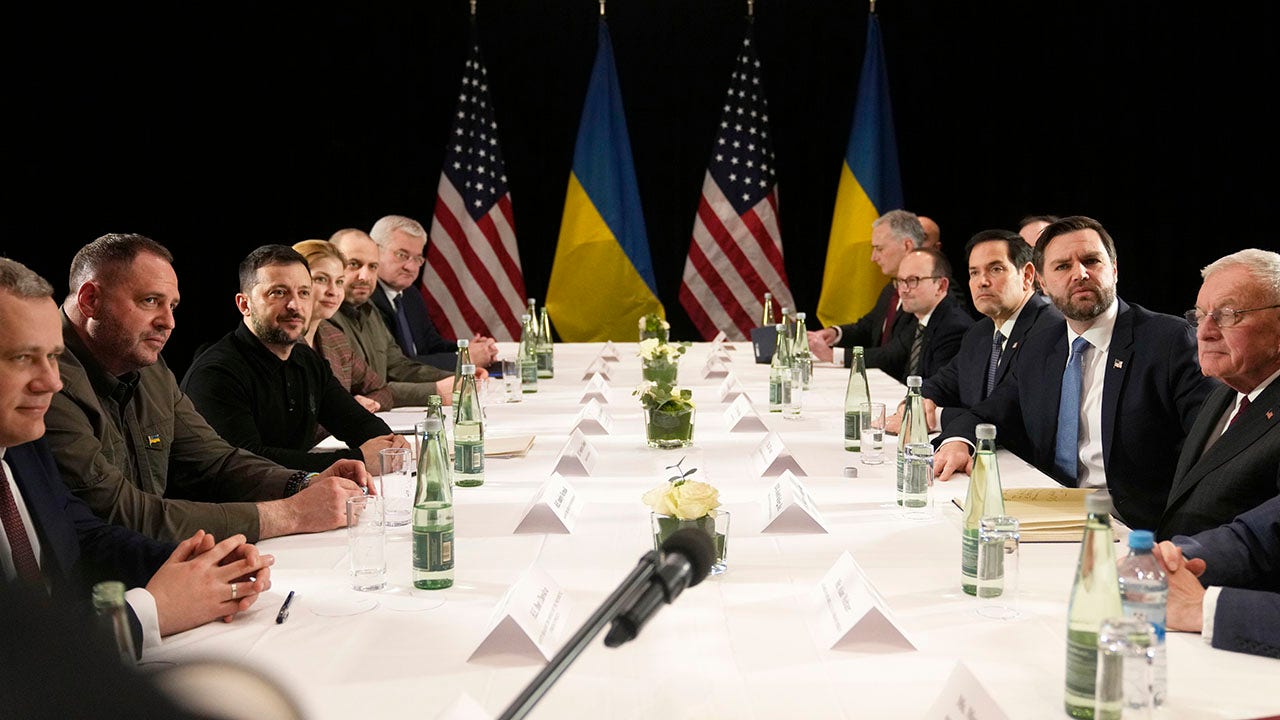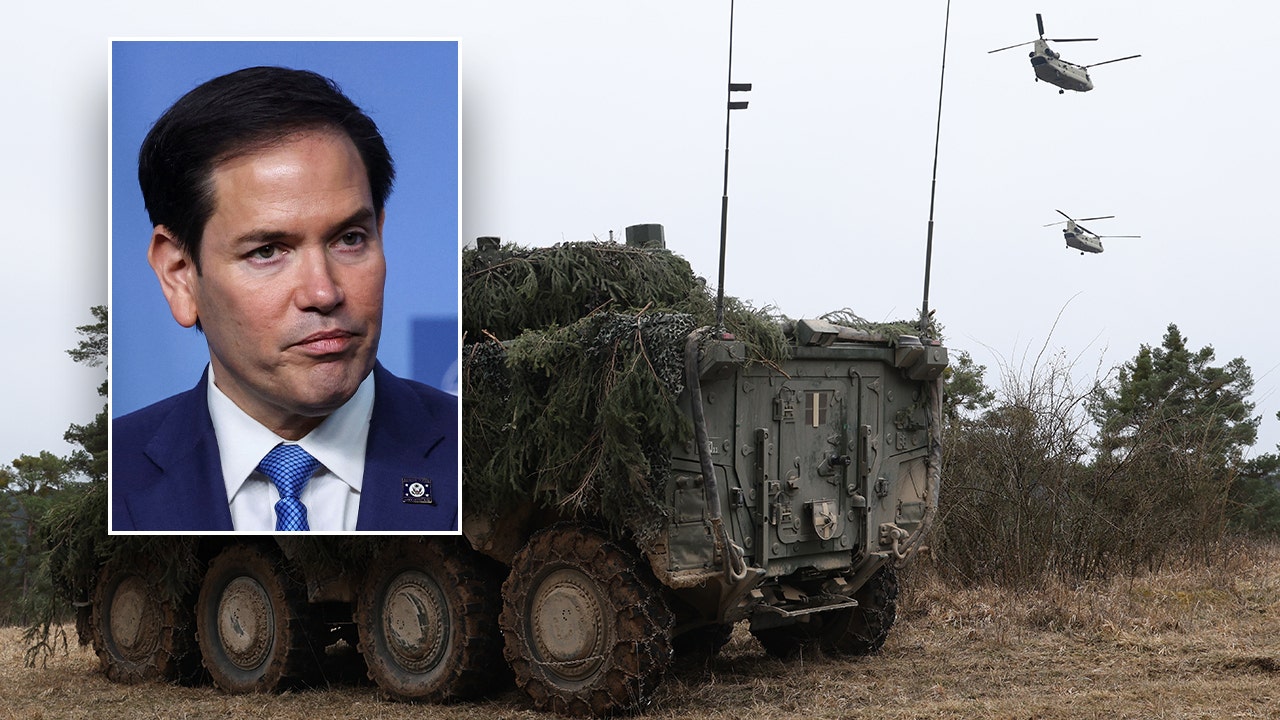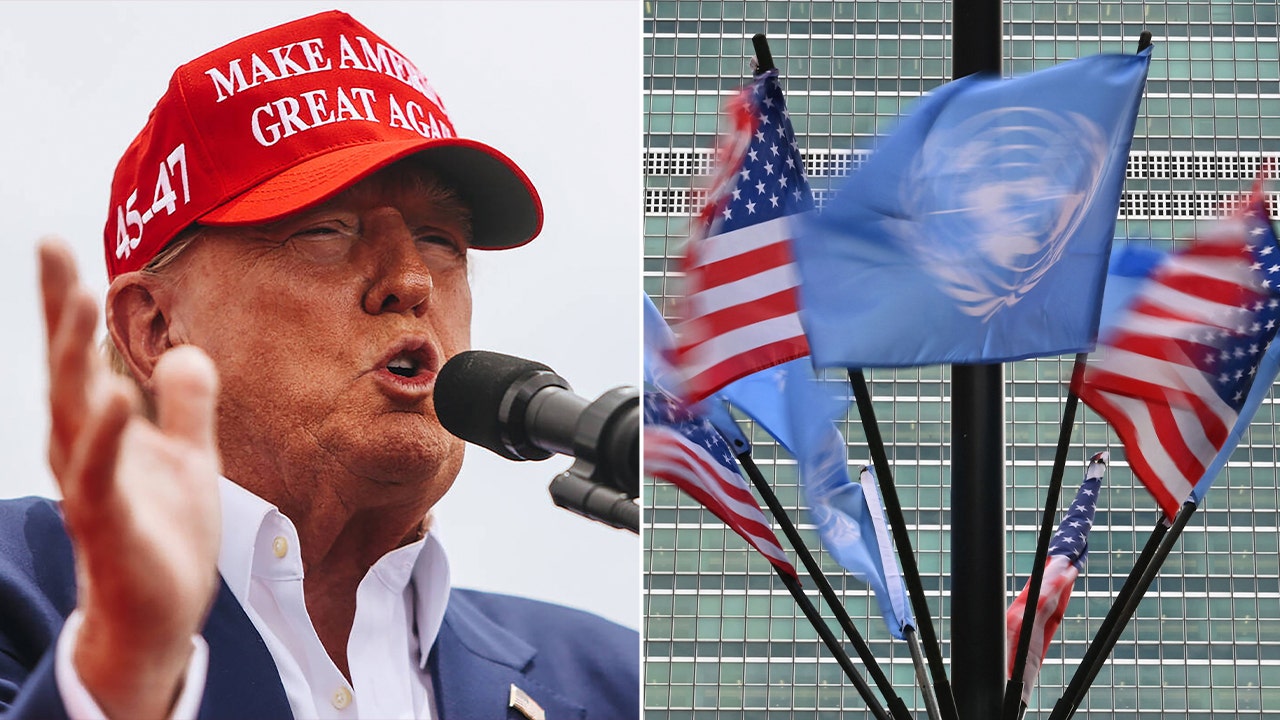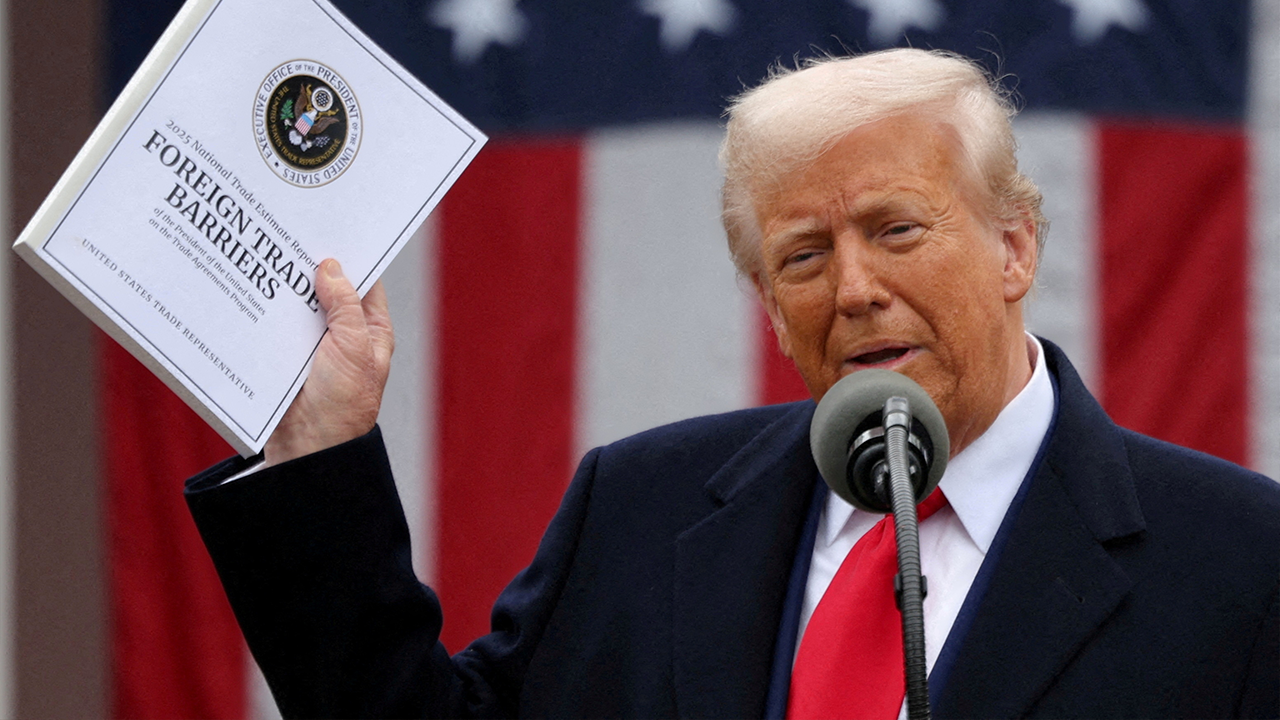White House rips Zelenskyy’s ‘short-sighted’ refusal to sign US minerals deal

A senior White House official reportedly criticized Ukrainian President Volodymyr Zelenskyy’s decision not to sign a proposed agreement to give the United States access to Ukraine’s rare earth minerals. White House National Security Council spokesman Brian Hughes told the Associated Press that President Zelenskyy is being short-sighted about the excellent opportunity presented by the Trump administration. Hughes believes that a minerals deal would allow American taxpayers to recoup some of the billions in U.S. aid sent to Kyiv during the Biden administration, while also helping to grow Ukraine’s economy.
Hughes emphasized that binding economic ties with the United States would be the best guarantee against future aggression and would be an integral part of lasting peace. He stated that the U.S., Russia, and Ukraine all recognize the importance of this partnership. While Hughes did not explicitly confirm the proposal, reports indicated that it was a key part of Zelenskyy’s talks with U.S. Vice President JD Vance on the sidelines of the Munich Security Conference.
One current and one former senior Ukrainian official familiar with the talks revealed that the offer did not include any specific security guarantees in return for rare earth mineral access. The proposal focused on using Ukraine’s rare earth minerals as compensation for past and future aid from the U.S. However, Zelenskyy expressed concerns about the agreement being too focused on U.S. interests and lacking sufficient protection for Ukraine’s interests.
Ukraine possesses vast reserves of critical minerals that are essential for industries such as aerospace, defense, and nuclear technology. The Trump administration has expressed interest in accessing these minerals to reduce dependence on China. Zelenskyy stressed the importance of linking security guarantees with investments to prevent another Russian invasion.
Despite the pushback from Zelenskyy, U.S. officials remain committed to forging a partnership with Ukraine. National Security Advisor Michael Waltz rejected claims that European allies were not consulted on negotiations to end the war in Ukraine. The Trump administration is set to begin talks with Russian counterparts in Saudi Arabia, while French President Emmanuel Macron plans to convene an emergency meeting with European powers in Paris.
In the midst of these discussions, Zelenskyy and Vance had a substantive meeting at the Munich conference. Zelenskyy emphasized the need for a strong position for Ukraine in negotiations and stressed the importance of involving the U.S., Ukraine, and Europe in talks with Russia. The U.S. is preparing a counterproposal in response to Ukraine’s concerns, aiming to find a mutually beneficial agreement that prioritizes both economic benefits and security.
Overall, the negotiations between the U.S. and Ukraine highlight the complexities of international relations and the delicate balance between economic interests and national security. As the discussions continue, both parties are working towards a solution that will benefit all parties involved and contribute to long-term peace and stability in the region.




